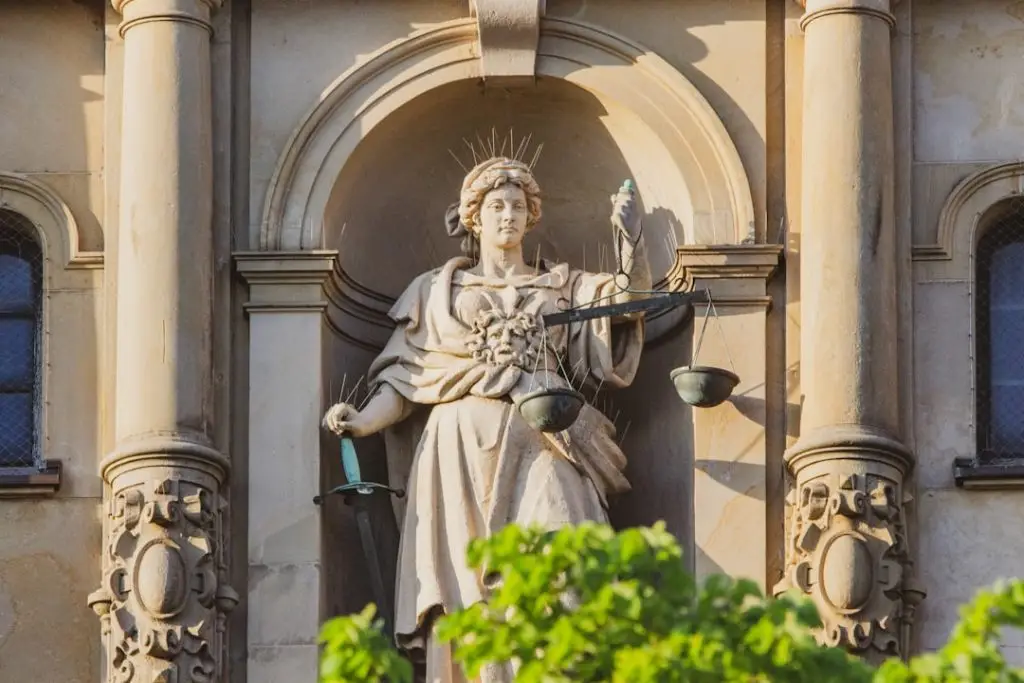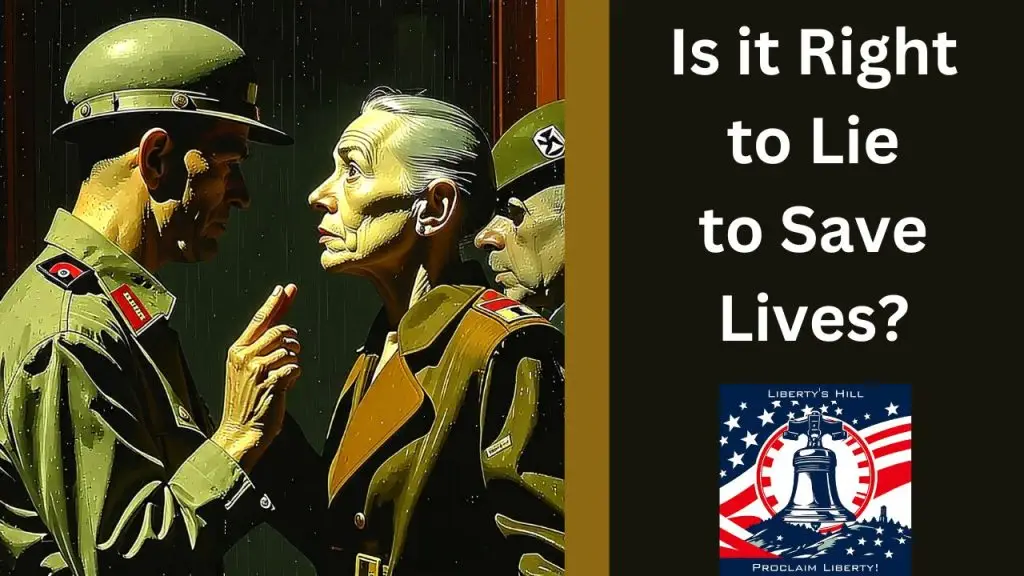Is it Morally Right to Lie to Save Lives?

In our exploration of ethics and morality, one question often arises: is it morally right to lie to save lives? This thought-provoking inquiry delves into the complexities of truth, justice, and the essence of the law. In this blog, we will dissect various perspectives on this ethical dilemma, drawing from biblical stories and principles that illuminate the nature of truth and love.
The Commandment and Its Interpretation
The commandment “Thou shalt not bear false witness” has often been interpreted as a blanket prohibition against lying. However, this interpretation can bind our conscience in ways that may obscure the deeper intent behind the law. It is crucial to understand that the law is not merely a set of rules but a guide to creating a just world filled with love and flourishing. The essence of the commandment is not about adhering strictly to the letter of the law but about understanding its spirit and the world it seeks to cultivate.

Photo by Giancarlo Dalosto on Unsplash
When we think about the implications of bearing false witness, the context of a courtroom comes to mind. Lying in such a setting can undermine justice and favor injustice. Therefore, telling the truth to those who seek to harm others can, in fact, constitute a violation of the very commandment we aim to uphold. This principle leads us to examine several biblical stories that illustrate this concept.
Examples from Scripture
One notable example is the story of the Hebrew midwives in Exodus. When Pharaoh commanded them to kill all male Jewish babies, they chose to lie to protect innocent lives. Scripture tells us that God blessed them for their actions, highlighting that their deception served a higher purpose—preserving life and justice.

Similarly, Rahab’s story in the book of Joshua presents another scenario where lying was seen as a righteous act. Rahab hid Hebrew spies and lied to the king of Jericho about their whereabouts. Her actions not only saved the spies but also led to her inclusion in the genealogy of Jesus, demonstrating that her lie contributed to a greater good.
The Nature of God and the Law
Understanding the character of God is vital when grappling with these ethical questions. The essence of the law and the prophets revolves around love. God cannot act contrary to His nature, which means that any action aligned with love is inherently in harmony with the law. This brings us to a fascinating narrative in 1 Kings 22, where God employs a lying spirit to persuade Ahab to go to his death in battle. This act was not just about deception; it was a loving act aimed at stopping a tyrant king from further harming his people.

Photo by Marek Piwnicki on Unsplash
The implications of this narrative are profound. It illustrates that even God operates within the framework of justice and love, emphasizing that the law is about thriving human relationships rather than rigid adherence to rules. When someone repents, forgiveness becomes a paramount law, fostering a world of flourishing.
The Pursuit of a Just World
Creating a world of justice and flourishing is a collective endeavor. The story of Jonah further exemplifies this idea. Jonah hesitated to deliver God’s message to Nineveh, fearing that they might repent, and God would show them mercy. Despite their history of cruelty, God valued their willingness to change, demonstrating that even small steps toward goodness are significant.

Photo by Levi Meir Clancy on Unsplash
In a contemporary example, consider the story of two men in a church. One was a model of godly character, while the other, despite his flaws, had made significant changes in his life. The pastor recognized the transformative power of grace in the latter’s life and celebrated his progress, understanding that focusing solely on faults could demoralize him. By uplifting those who seek improvement, we contribute to a world of human flourishing.
To Lie or Not to Lie?
The question of whether it is right to lie to save lives does not yield a simple answer. It requires discernment about whether lying will create or destroy the world God calls us to build. In cases such as lying to Nazis about hiding Jews during World War II, many would argue that such an act aligns with the moral imperative to protect innocent lives.

Photo by Philippe Oursel on Unsplash
Ultimately, the pursuit of justice and love should guide our decisions. When faced with the choice to lie for a greater good, it is essential to weigh the consequences and intentions behind our actions. Our goal should be to foster a world where love, justice, and human flourishing prevail.
Your Thoughts
What do you think about the moral implications of lying to save lives? Should we always adhere to the truth, or are there circumstances where bending the truth is justified? Join the conversation in the comments below and share your insights.

Photo by Sebastian Herrmann on Unsplash
Thank you for engaging with this critical topic. Subscribe for more discussions on ethics and morality as we continue to explore how to create a world of liberty, justice, dignity, and prosperity.


